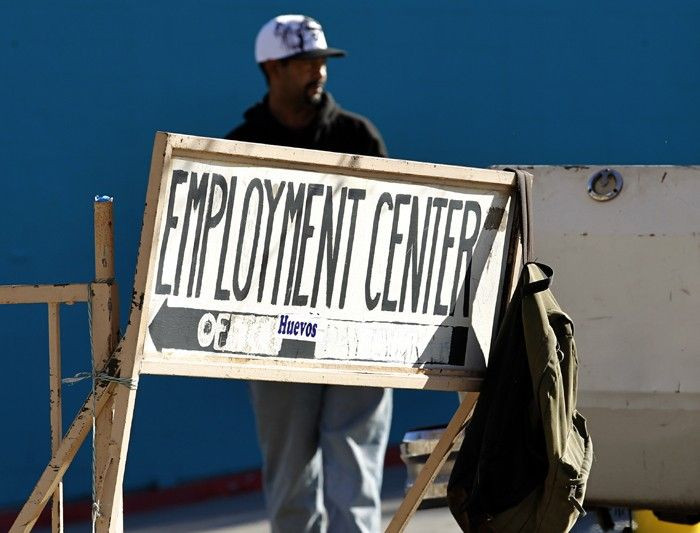No Recovery? Jobs Report Raises More Fears About U.S. Economy

The June jobs report came in far worse than expected, raising fears about the health of the economy and the sustainability of any recovery.
Only 18,000 new jobs were created (versus consensus expectations of about 105,000), on the heels of a 25,000 figure from the prior month. The unemployment rate ticked up to 9.2 percent.
Paul Ashworth, chief US Economist at Capital Economics, said the payroll figures didn’t have a “single redeeming feature.”
He added: “It's awful from start to finish.”
“We had been expecting a pick-up in employment growth after the more upbeat ADP report, but what we got instead was a much weaker figure … and a downward revision worth 44,000 to the gains in April and May,” Ashworth noted.
“Manufacturing employment actually increased by 6,000, including a 1,000-rebound in auto sector employment, suggesting that the Japan-related supply disruptions are easing. The weakness was in the private services sector, which added only 53,000 jobs.”
Ashworth further indicated that the 12,000 decline in temporary jobs “was particularly disconcerting as it suggests there could be even worse to come. The public sector shed 39,000 jobs last month too, with the Federal government now beginning to fire workers as well as state and local governments.”
Douglas C. Borthwick, Managing Director at Faros Trading LLC, was similarly gloomy,
“The US government has its work cut out for it, especially given this weekend's budget discussions,” he warned.
“US Fiscal Problems have been put off for so long that now the US government HAS to act, it has to cut spending at a time when the economy is unable to absorb it. Budget discussions will cut back spending, as the sugar-high of QE2 has been withdrawn.”
Borthwick also warned that the US economy has now been effectively left to its own devices without US Fiscal, or Federal Reserve support.
“This does not bode well for the US economy going forward, and so cements our conviction that the Federal Reserve will be on hold through 2012,” he stated.
“With Europe and other States raising rates we continue to believe that a weaker US Dollar is the only policy tool left for the US economy to dig itself out of this hole.”
© Copyright IBTimes 2025. All rights reserved.





















